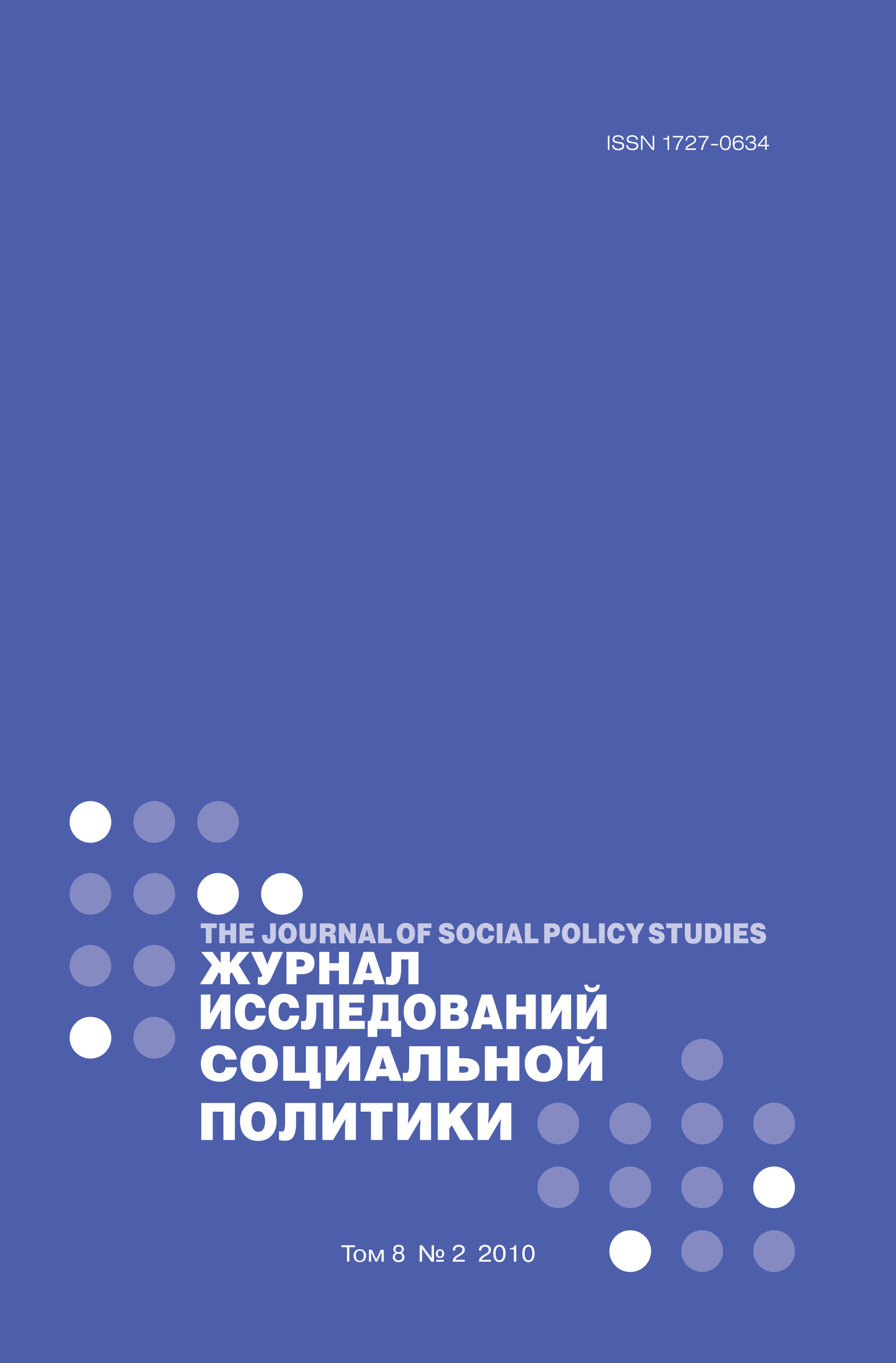Striving for social change: non-governmental (NGOs) and HIV/AIDS in the Russian Federation
Abstract
Great extremes of optimism and pessimism have surrounded the development of civil society in the post-communist counties, none more so than the Russian Federation. Non-Government or Non-Commercial Organisations (NGOs or NPOs for short) were expected to play the central role in representing certain social groups in the new, more open conditions post 1991. This has indeed proven to be the case in Russia, as can be seen by a more detailed look at the case of HIV/AIDS prevention policy over the past two decades. This is an area that has seen great change in its management, with more advanced cooperation between NGOs and the state bodies than is perhaps seen in other areas in Russia. This article studies various aspects of NGOs working in the HIV/AIDS sphere, within a context of gradually emerging civil society in Post-Soviet Russia. This is done through the collection of interviews in three regions of Russia, which provides a clearer picture of the specific Russian context of the problem. An overview of theoretical frameworks used to understand how civil society develops and works is given before reviewing how this has applied to Russia in the last twenty years. The results indicate that NGOs show great variety in their strategies and methods in cooperating with the state. On the one hand, they depend on the political context and their relationship with the state to execute their programmes on the prevention of HIV/AIDS. On the other hand, they can promote a change in practises on the part of the state in HIV/AIDS policy. Thus NGOs can influence state policy and help build links with the kind of social groups at particular risk of HIV infection. Paradoxically, despite heavily reliance on the state, some NGOs are also helping to guide it in a better direction in the area of HIV/AIDS. However, overall, it is concluded that NGOs influence remains limited in a broader sense, as they are still excluded from taking part on the policy forming decisions at the higher levels of the state.















